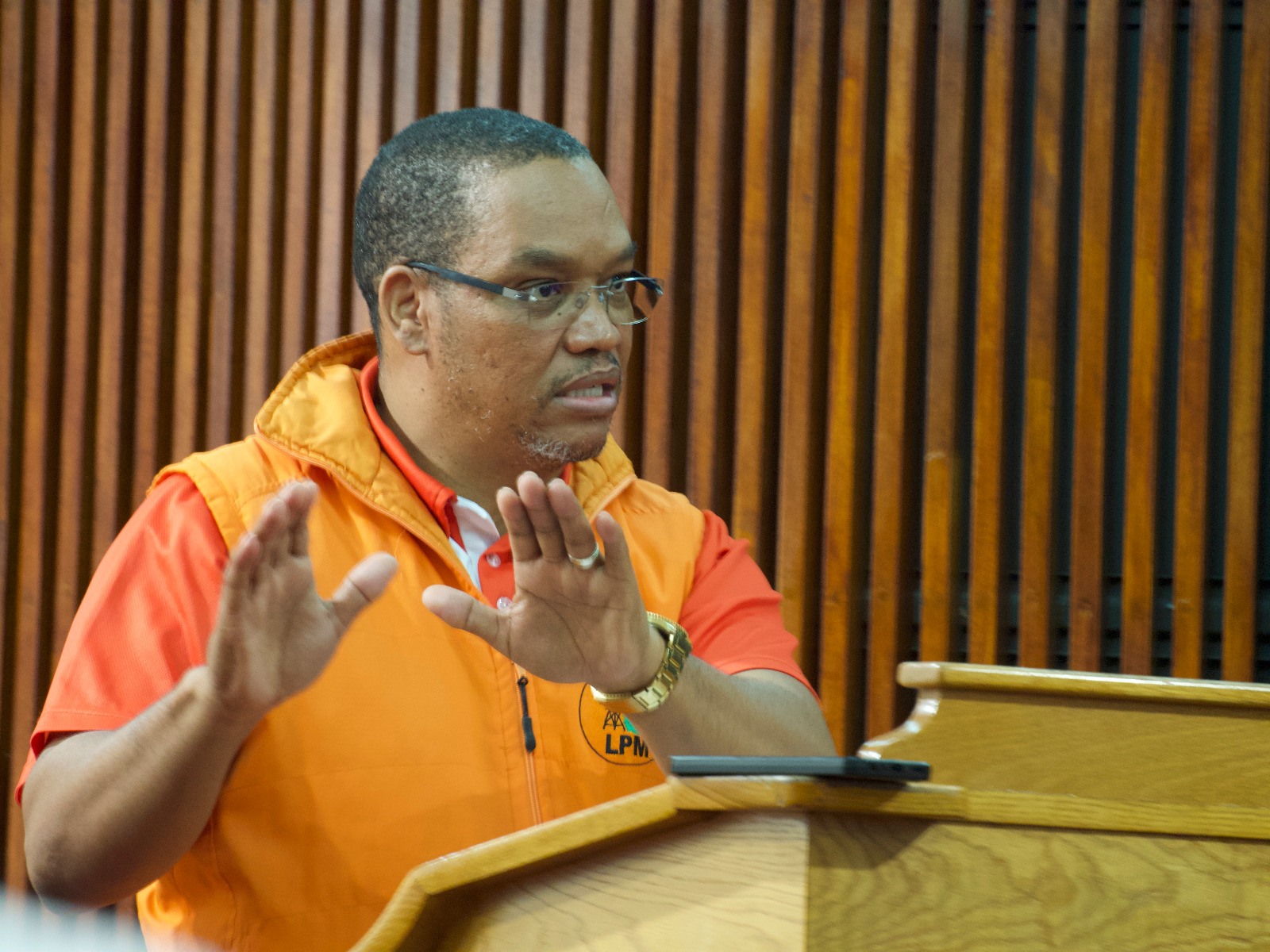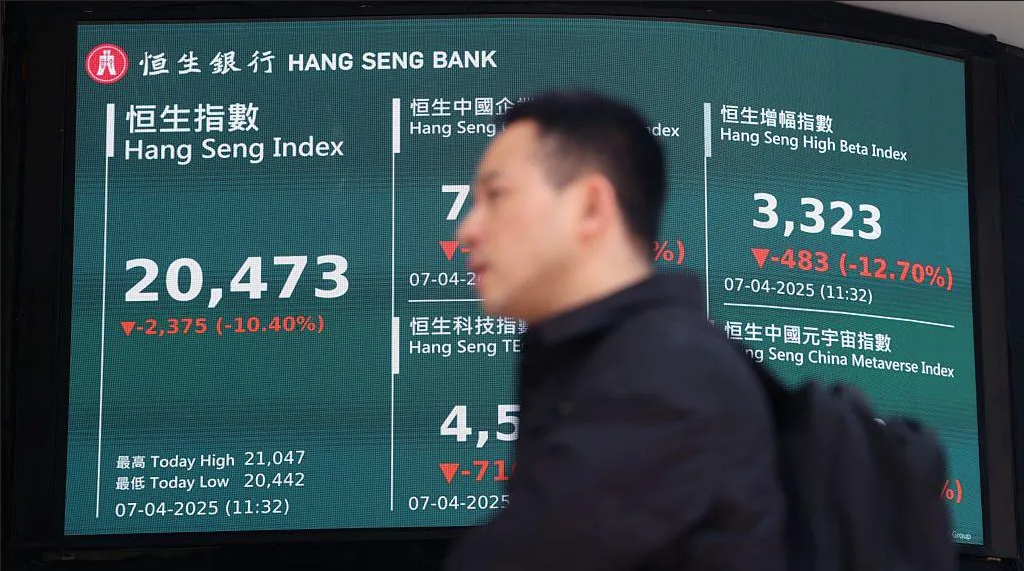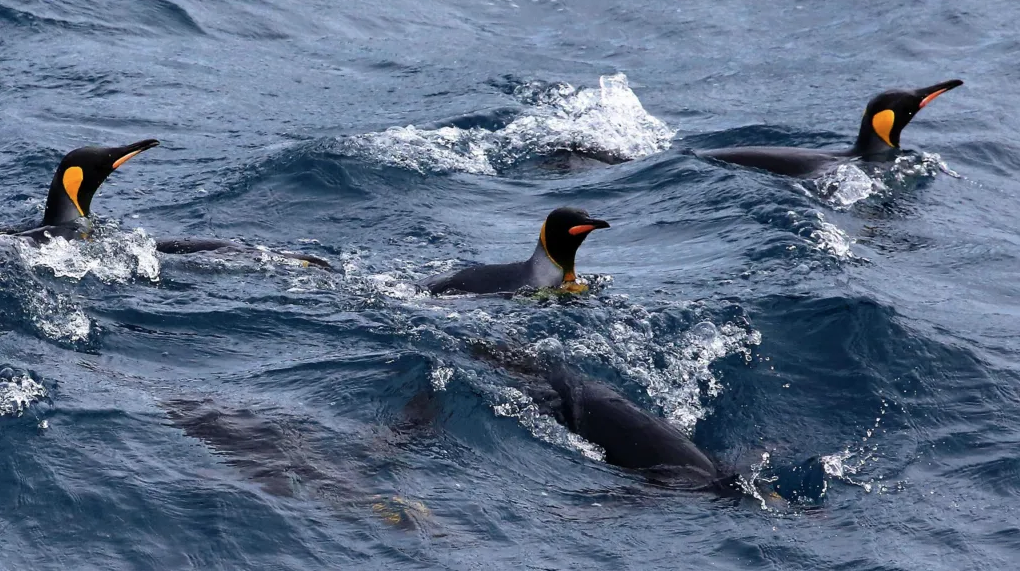The Global African Hydrogen Summit will focus on the role Africa expects to play in the global hydrogen economy.
The summit will take place in Windhoek from 3 to 5 September, under the theme ‘From Ambition to Action: Fuelling Africa’s Green Industrial Revolution’.
A recent report co-authored by McKinsey and Company and the Hydrogen Council shows how Africa enjoys world-class renewable resources, with capacity factors up to 69% for wind power and 25% for solar power.
The inaugural event forms part of Namibia’s COP28 programme and will be hosted by the Namibia Investment Promotion and Development Board, the Environmental Investment Fund of Namibia, DMG events and Vasco Da Gama Energy.
The continent also has excellent geothermal and hydro resources, coupled with abundant land area. Consequently, the continent is strongly positioned to become a renewable hydrogen and derivatives producer and exporter.
The summit’s head of marketing Roshan Jan-Mahomed says Africa holds the key to decarbonising the global energy system and can become a leading player in hydrogen produced from renewables.
Several African countries, including Angola, Djibouti, Egypt, Ethiopia, Kenya, Mauritania, Morocco, Nigeria, Namibia and South Africa, are actively pursuing clean hydrogen production goals.
There are many challenges to overcome to establish a sustainable and economically viable hydrogen economy. The most fundamental and urgent obstacles to overcome as a priority include financing, investment, infrastructure development, policy, regulation, standards, technology, demand generation and a fragmented financial market to trade.
The Global African Hydrogen Summit has been borne out of a critical need to address challenges, with the aim to foster, forge and further partnerships and collaboration across borders and across continents, to drive progress.
Various heads of state, ministers, policy makers, developers, investors, technologists, industrialists and offtakers will convene at the summit to facilitate public-private dialogue, influence policy, define real-world solutions, accelerate project financing and broker deal closure.
Namibian president Nangolo Mbumba says the country not only looks to showcase what it has delivered in terms of the green hydrogen eco-system, but also the efforts of peer nations on the continent.
“Furthermore, we shall zero in on key policy interventions needed to give birth to a burgeoning sector and also showcase key financial models and tools needed to close the gap between the price of grey and green molecules,” he said, on a recent trip to The Netherlands.
The key to scaling up a competitive green hydrogen economy will be stimulating domestic demand and foreign offtake.
To overcome trade, infrastructure and technology barriers to maximise hydrogen utilisation in sectors like power, agriculture, mining, steel, cement, transportation and maritime will be significant.
The summit will also look to solve the pressing issue of how to de-risk investments and financing for hydrogen projects. Africa faces hurdles in reducing hydrogen production costs, as attracting international investment necessitates robust legal, fiscal and regulatory frameworks.
The summit will showcase bankable project criteria, green financing mechanisms and country-specific instruments that will accelerate green energy transactions.
The Global African Hydrogen Summit aims to uphold the promise of igniting a new era of energy innovation across Africa and beyond.
Stay informed with The Namibian – your source for credible journalism. Get in-depth reporting and opinions for
only N$85 a month. Invest in journalism, invest in democracy –
Subscribe Now!










